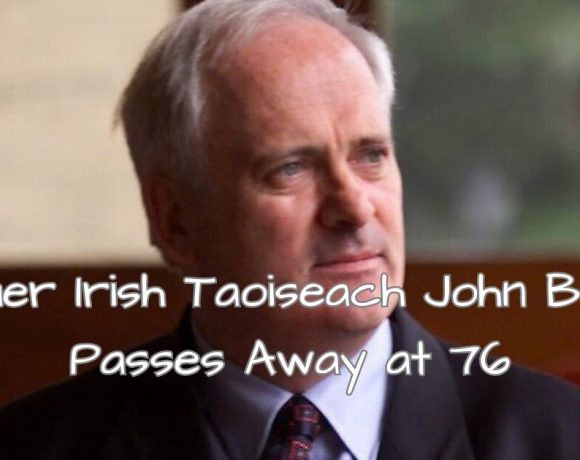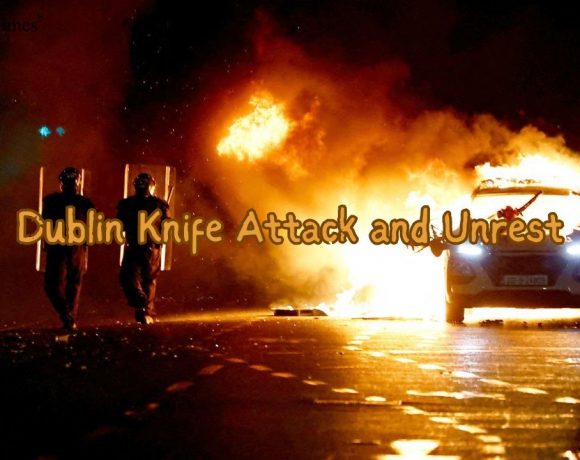
Former Taoiseach John Bruton, a prominent figure in Irish politics known for his contributions to the Northern Ireland peace process, has passed away at the age of 76 after battling illness. His family confirmed his death, expressing their sorrow and remembering him as a devoted husband, father, and patriot.
Bruton served as Taoiseach from 1994 to 1997 and played a significant role in advancing peace in Northern Ireland alongside UK Prime Minister John Major. Together, they launched the Anglo-Irish Framework Document in 1995, a pivotal moment in the peace process.
John Major paid tribute to Bruton, highlighting his dedication to peace and describing him as a formidable servant of Ireland. He emphasized Bruton’s commitment to prioritizing peace over political interests during challenging times.
Born in Dublin in 1947, Bruton began his political career in 1969 when he was elected to represent Meath in the Irish Parliament. During his tenure as Taoiseach, he led a coalition government and notably oversaw a referendum leading to the legalization of divorce in Ireland.
Current Fine Gael leader Leo Varadkar praised Bruton as a “doer and a philosopher,” emphasizing his efforts to bridge divides and reach out to the unionist community. President Michael D Higgins also honored Bruton’s energy and dedication to politics, particularly his contributions to the Northern Ireland peace process.
Bertie Ahern, Bruton’s successor as Taoiseach, remembered him as a gentleman and a genuine advocate for the people. European Parliament President Roberta Metsola expressed deep sadness at his passing, echoing sentiments of loss across political spheres.
In Northern Ireland, political figures including First Minister Michelle O’Neill and Deputy First Minister Emma Little-Pengelly extended condolences to Bruton’s family. Assembly Speaker Edwin Poots and Secretary Chris Heaton-Harris also expressed sympathy, acknowledging Bruton’s positive impact on Anglo-Irish relations and his role in laying the groundwork for the Good Friday Agreement.
Picture Courtesy: Google/images are subject to copyright

